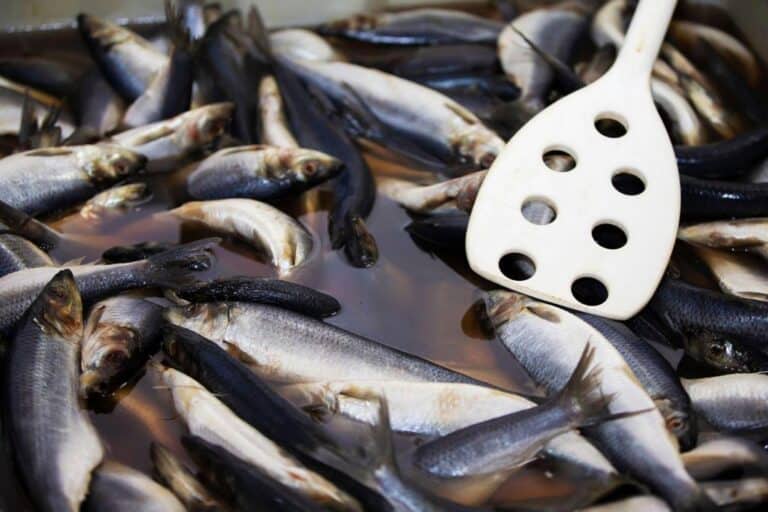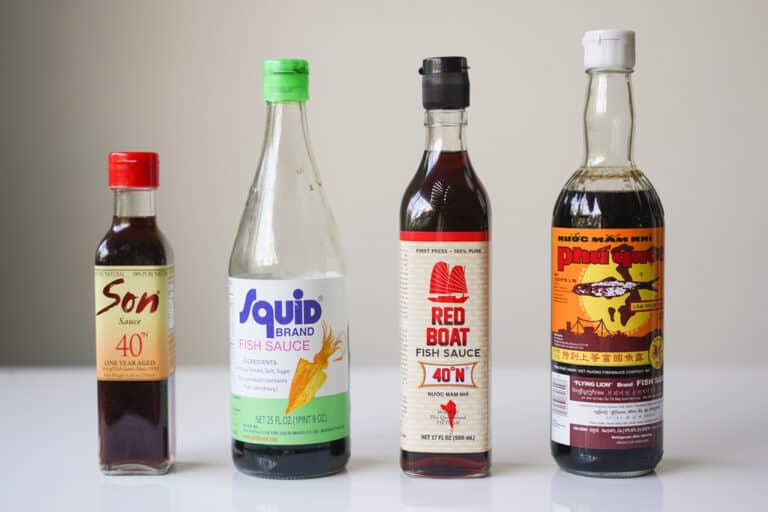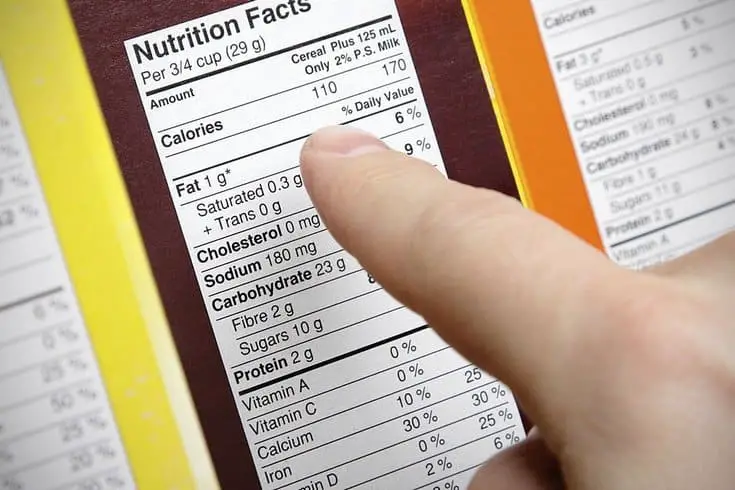Why Do Mineral Water and Purified Water Taste Bitter?

Have you ever taken a sip of supposedly pure, crystal-clear water only to be met with an unexpected bitter tang? It’s a puzzling encounter, leaving you to wonder about the very essence of what makes water, well, water.
Beyond quenching our thirst, it seems water has a secret life of its own, one that involves a delicate interplay of minerals, purification methods, and our own taste perceptions. So, why does this seemingly innocuous elixir occasionally decide to challenge our palates with a touch of bitterness?
In this exploration of the enigmatic world of water, we’ll dive into the science behind the taste, uncovering the role of minerals, the impact of purification processes, and the intricate dance of chemistry that shapes the flavor we experience.
Get ready to unravel the mysteries that lie within every droplet as we decode the intriguing saga of why mineral water and purified water sometimes choose to tantalize our taste buds with a hint of the unexpected.
Understanding Water Taste
Understanding the taste of water is a bewildering concept for many. After all, it’s colorless, odorless, and eye-spying—no particles floating around in the glass—so why should it have any taste? The secret lies in the dissolved minerals and elements that collide with our taste buds upon consumption.
Interestingly enough, pure H2O in its absolute form actually tastes quite dull to human beings. You might even say it has an insipid absence of flavor at best. Thanks to natural minerals such as calcium, magnesium, or even sodium, water awakens from its tasteless slumber by imbuing unique flavors that often teeter on being vaguely sweet or bitter.
Next time when you quench your thirst, remember: You aren’t just drinking plain old H2O; you’re sampling nature’s subtle cocktail of mineral infusions!
Defining Mineral and Purified Water
Mineral water is a natural resource sourced directly from underground reserves, far removed from human contamination. Its definitive aspect lies in the naturally occurring minerals and trace elements that it carries, which are largely intact since there’s no extensive purification process involved. The global favorites – magnesium, calcium, and sodium, to name a few!
Due to the salinity of these minerals, they give mineral water its distinctive flavor profile, which some people might perceive as “bitter.”
On the other hand, purified water is often obtained from municipal or groundwater sources but undergoes rigorous treatment processes such as reverse osmosis, distillation, or deionization.
This means it’s stripped of its original mineral content and also potential contaminants, ending up at least 99.5% pure H2O with an essentially ‘flattened’ taste palette. The bitter punch you sensed is possibly a consequence of additional disinfectants used during purification efforts
The Science behind the Taste of Water

The science behind the taste of water is intriguing and deeply rooted in our biological make-up. Water, chemically speaking, should be tasteless as it’s a simple compound consisting of two hydrogen atoms bonded to a single oxygen atom (H2O). Yet, due to various dissolved substances like minerals, gases, or even impurities, each source offers a unique flavor profile.
Our tastebuds instinctively associate the water’s ‘flavor’ with the impurities present. The bitter taste that you may describe while sipping your mineral or purified water derives from its high mineral content, mainly magnesium and potassium.
This complex interaction between these elements and our tastebuds creates not only individual likings but also a collective difference in perception around the tap vs. bottled water debate! Is it safe to say that tasting is indeed believing?
Role of Minerals in Water Taste
In the labyrinth of the various tastes of water, minerals play an important role. They’re central to that refreshing sparkle and subtle tang on your tongue as you take a gulp of mineral water.
Minerals such as calcium, magnesium, and potassium typically exist in natural spring waters. They add a kind of crispness to the taste that purified or distilled water often lacks.
Yet, excess amounts can also be responsible for that unexpected bitter punch. High levels of magnesium or iron are notorious for giving off a noticeably bitter edge or metallic aftertaste due to their specific chemical properties.
Therefore, assuming that more minerals equal better-flavored water is not always accurate; balance is vital. To create an enchanting dance between refreshment and zest, every sip needs just the right blend!
Purification Process and its Impact on Taste
The purification process plays a critical role in shaping the overall flavor profile of both mineral and purified water. Various purification methods, such as reverse osmosis, distillation, or deionization, are used to remove impurities that can pose health risks.
However, these methods often strip off minerals like calcium, magnesium, and potassium—essential contributors to water’s taste—thereby occasionally rendering a bitter aftertaste.
Interestingly enough, this insists on an often-overlooked aspect of drinking water – it isn’t supposed to be ‘flavorless’. It’s the presence of these minute trace minerals that imparts a favorable taste.
So next time you notice your purified water tasting slightly bitter or different from your usual tap or bottled mineral waters, appreciate it for its sheer purity. After all, purifiers had worked hard extracting potentially harmful substances just to keep you safe!
Why Some People Find These Waters Bitter?
People’s perceptions of the taste of water are as varied as their individual palettes. Mineral or purified water, unlike tap water, doesn’t contain chlorine, which might explain why some people discern a bitter tang. The absence of chloride ions means that our tastebuds are left grappling with the natural minerals found in such waters, potentially resulting in the perceived bitterness.
Our intricate human genetic makeup also plays a pivotal role here. Some individuals possess more sensitivity towards certain mineral compounds, like potassium or sodium, present in these waters. Hence, where others might find pure delight and refreshment from identical sips, these sensitive tasters often experience an unwelcome and puzzling bitter aftertaste that seems to linger momentarily past its welcome.
Understanding this can make us appreciate those subtle variations in our drinking experiences all the more!
How Do You Get Rid of the Bitter Taste in Mineral Water?
Neutralizing the bitter taste in mineral water is achievable through a few straightforward methods. Activated charcoal filters serve as an effective remedy, absorbing impurities and undesirable flavors and leaving behind a smoother and more palatable taste.
Additionally, incorporating a dash of lemon juice can counterbalance the bitterness without compromising the inherent mineral content. The citrusy essence provides a refreshing twist, masking the bitter notes and imparting a subtle tang to the water.
Another approach involves opting for specific water purification systems that prioritize taste enhancement. Some advanced filtration technologies, such as ion exchange and distillation, focus on removing the compounds responsible for the bitter undertones, ensuring a crisp and clean flavor profile.
Meanwhile, considering the source of the water is vital, as the natural mineral content can significantly impact its taste. Exploring various filtration options and making a mindful selection of mineral water brands can help find the perfect balance between mineral richness and a pleasant, non-bitter taste experience.
Health Implications of Drinking Bitter-Tasting Water
It’s important to delve into the health implications when your H2O has a bitter aftertaste. Continued consumption of bitter-tasting water might mean you’re ingesting high levels of calcium, magnesium, or other minerals, which can disrupt biological functions if accumulated over time.
Studies have shown that excessive mineral intake from prolonged exposure to hard or bitter water can lead to health issues such as kidney stones and cardiovascular diseases.
Nevertheless, always remember that our bodies respond uniquely to dietary changes, and what might pose a health risk for one may not necessarily be harmful for another. Thus, listen to your body’s reaction! If it suggests any negative symptoms following consumption of bitter-tasting water—frequent headaches, nausea, or persistent dehydration—consider getting your tap or bottled water tested as soon as possible.
Remaining keyed in on these cues is critical to safeguarding our overall wellbeing in the face of potential water-related complications.
FAQs Mineral Water and Purified Water Taste Bitter
What minerals cause water to taste bitter?
High concentrations of sulfates, magnesium, or certain salts like calcium sulfate and magnesium chloride can contribute to the bitter taste of water.
Why does my purified water taste bitter?
Bitterness might be a result of the removal of minerals during purification, which can alter the water’s natural taste profile.
Is bitter-tasting water safe to drink?
Generally, a slightly bitter taste in water doesn’t signify a safety concern. However, if the bitterness is unusual or accompanied by other signs of contamination, it’s best to get the water tested.
Can the bitterness in water be a sign of contamination?
In some cases, an unusual or intense bitterness might indicate the presence of certain contaminants, like heavy metals or chemicals, warranting a thorough water quality assessment.
How do geographical factors influence the taste of mineral water?
Geographical factors, such as the composition of the underlying rock formations, can introduce varying minerals into the water, resulting in distinct tastes characteristic of specific regions.
What are some natural methods to enhance the taste of mineral water?
Adding slices of fruits like cucumber, berries, or citrus fruits can impart a refreshing taste. Additionally, infusing the water with herbs like mint or basil can enhance the overall flavor without altering the mineral content.






